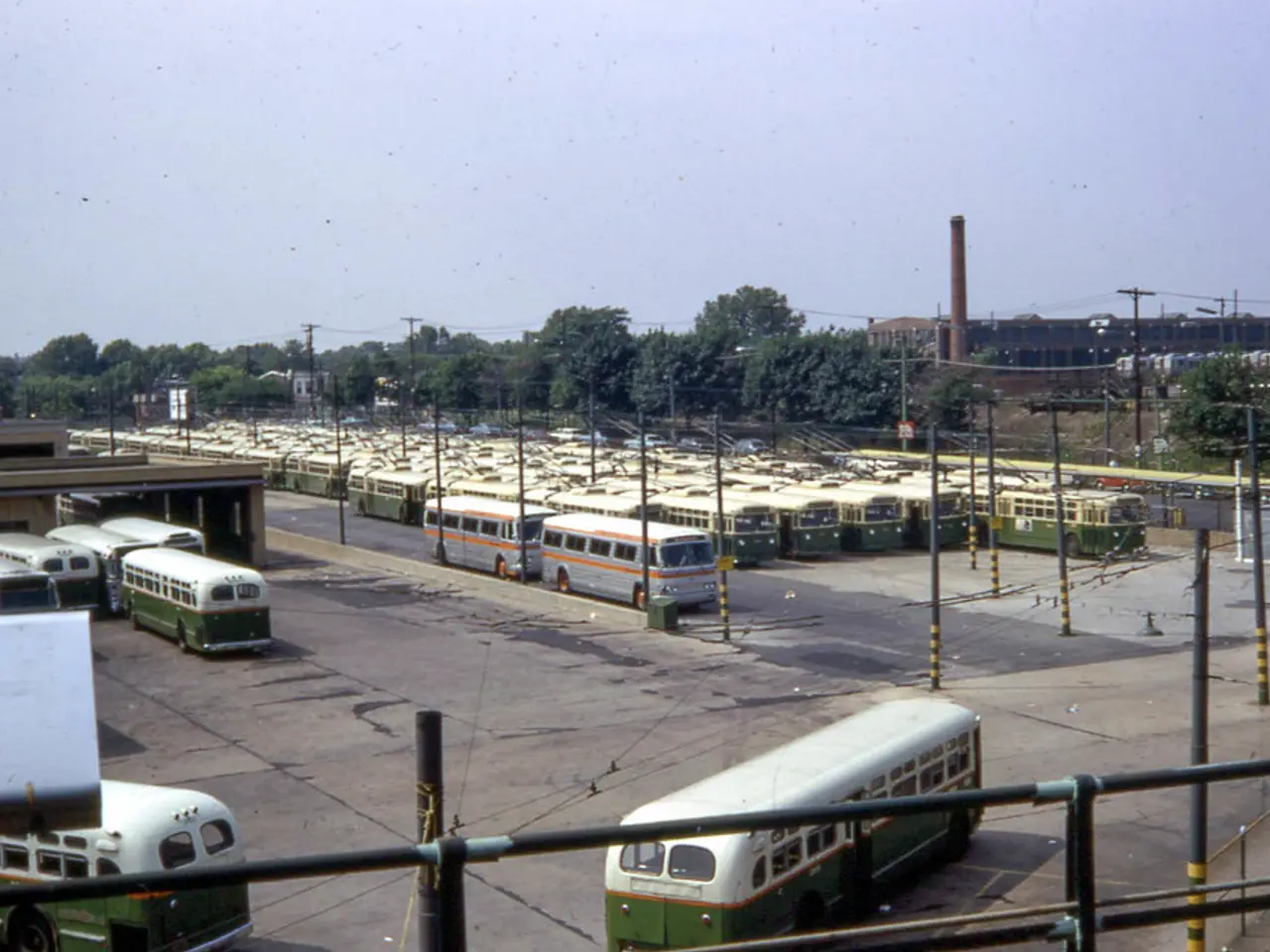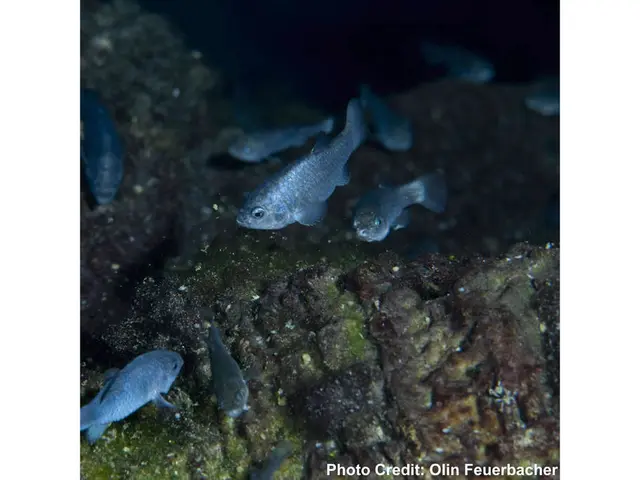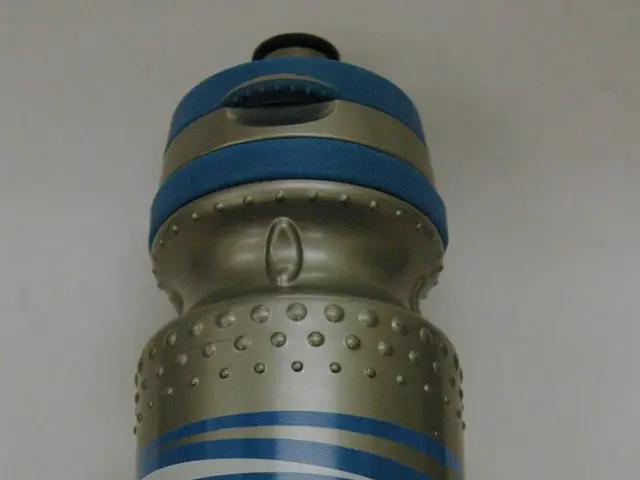Bus service on the Han River, or Hangang, commences, eliciting varying responses
Seoul, South Korea, has launched a new waterborne public transit service, the Hangang Bus, on Thursday. The service, which was initially advertised as a solution to alleviate long rush hour commutes, attracted large crowds to Magok Pier. However, the launch was not without controversy.
The Hangang Bus service, which operates from 11 a.m. to 10:30 p.m. between seven piers, consists of eight hybrid and electric vessels making 14 trips per day. Some found the slow pace of the Hangang Bus to be part of its charm for leisure travel, but opinions about its practicality as a commuting option were divided.
Critics argue that the buses will be increasingly vulnerable to weather changes as climate change makes weather more unpredictable. Seoul KFEM, an environmental protection association, has been vocal about these concerns. They point out that Seoul's weather, with heavy rainfall and extreme summers and winters, differs from milder climates in cities like London with water bus systems.
Seoul KFEM states that the city government did not consider weather factors, despite repeated warnings. The association argues that the city government has ignored constant warnings regarding the impact of weather on the Hangang water bus service. This negligence led to the inauguration ceremony being canceled due to a heavy rain advisory, causing safety concerns.
The city government claims that the hybrid buses produce 52% less carbon dioxide than traditional diesel vessels. Some of the buses are fully electric and have no direct emissions, making the service more environmentally friendly. However, Seoul KFEM questions the environmental friendliness of the Hangang boats, citing the vulnerability to weather changes as a concern.
Tickets for the Hangang Bus were sold out within minutes, indicating a strong demand for the service. Despite the controversy, the Hangang Bus service continues to operate, offering a unique and eco-friendly commuting option for Seoul residents. The one-way trip from Magok to Jamsil on the Hangang Bus is estimated to take 127 minutes.
As the service navigates through its initial challenges, it remains to be seen how it will integrate into Seoul's public transportation system and how it will adapt to the city's unpredictable weather.
Read also:
- Two farmers in Zambia take legal action against two firms with Chinese connections, alleging an ecological disaster caused by their operations.
- Deepening EU-India relations despite apprehensions regarding Moscow connections
- Ongoing Transition Towards Cleanliness
- "Revival of 'Zombie' Power Plant Proposal in Massachusetts"







